Recently, Xiamen University (XMU) issued a document announcing the results of the 2022 Xiamen University Scholarship Award, commending the outstanding teachers who have good teacher ethics and professional ethics, have achieved remarkable performance, and contributed to the construction and development of XMU. Among them, Ms. Yan Sa from the Japanese teaching and research group of International College(IC) won the "China Construction Bank Teaching Award" from Xiamen University. Let’s learn more about the excellent teacher, Ms Yan Sa and the Sino-Japanese program she teaches.
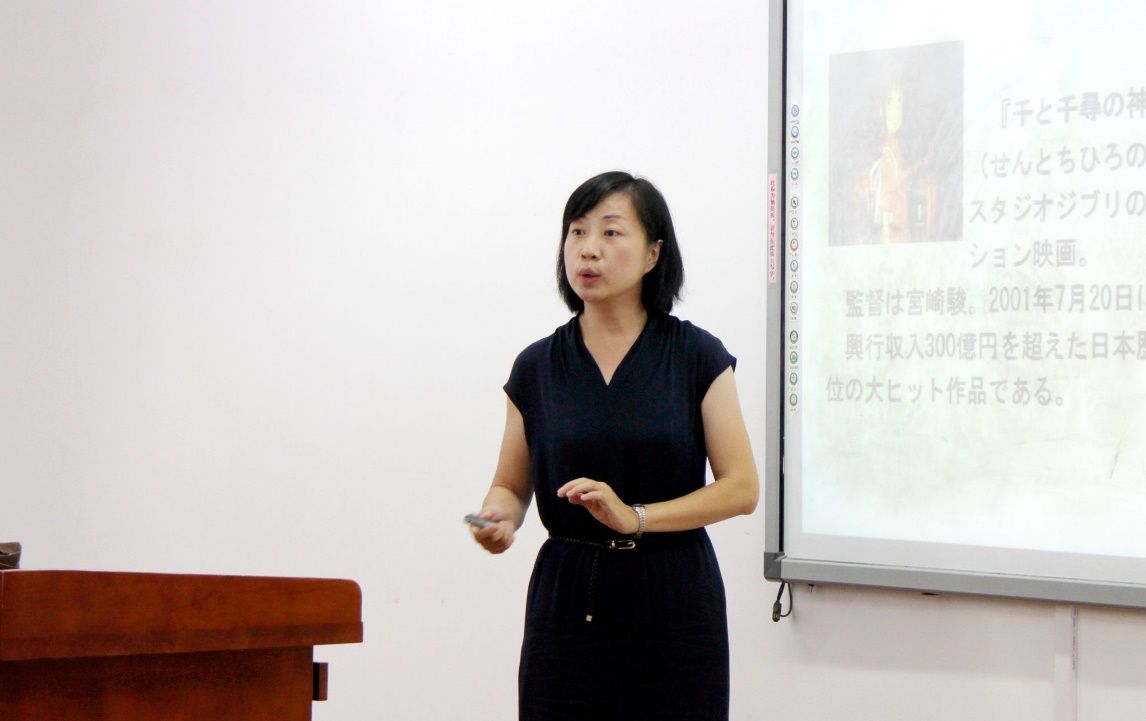
Profile:
Yan Sa, head of the Japanese language teaching and research group at International College, Xiamen University, with a master's degree from Doshisha Women's University, majoring in Japanese language and culture comparison. She has taught at Doshisha Women's University in Japan and Kansai Gaidai University. After returning to China in 2009, she has been teaching at International College, Xiamen University.
Q: Congratulations to Ms. Yan for winning the school teaching award! Why did you choose the profession of teaching? We know that the students are very motivated in your class. As a teacher beloved by your students, what do you think is the most important thing in teaching?
A: Thank you! I am very grateful to the leaders and colleagues of International College for their concern and support for being able to receive the Xiamen University Teaching Award. When I was studying in Japan, I had the opportunity to be a teacher, and then I slowly persevered and went all the way in the profession of teaching. Although the position of a teacher is ordinary, I feel very gratified to see the students who go to study in Japan smoothly, find their own direction in life after completing their studies, either working or going to the graduate school.
As a teacher, we should respect the individuality of students in teaching and teach them according to their aptitude. Students at the university level are active and sensitive in thinking. According to the characteristics of students during this period, it is necessary for teachers to give timely encouragement in study and life. I would like to say that the teachers of International College are very dedicated, and the teachers around them will give all kinds of suggestions to the students' various problems.
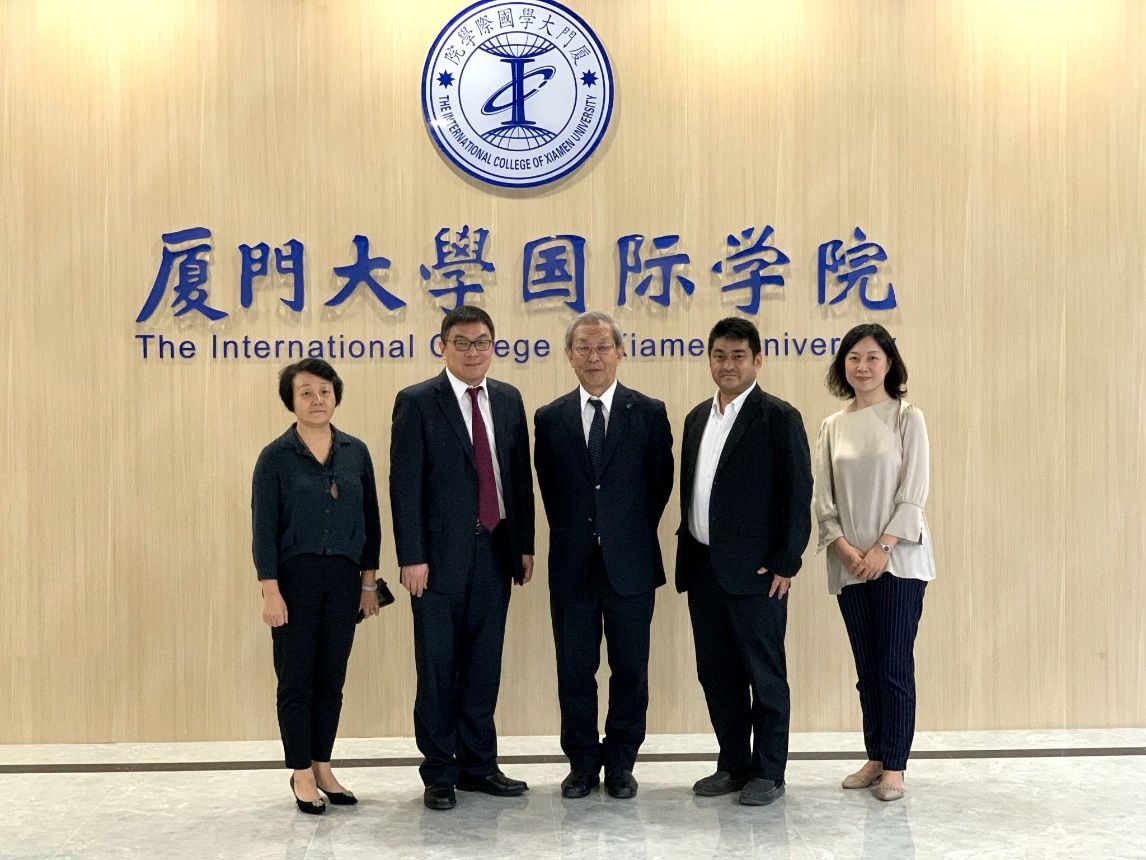
Q: As the leader of the Japanese teaching and research group, could you introduce the characteristics of the Sino-Japanese program of International College to us?
A: The Sino-Japanese program of International College is suitable for students who are willing to study in Japan. You can take courses in management in addition to courses related to Japanese language and culture. Program students can expand their international horizon and understand international rules during their study abroad period. After graduation, they can pursue for postgraduate studies and improve their professional abilities. Since the Sino-Japanese Program was launched in 2007, many students have been admitted to graduate schools in well-known Japanese universities such as Aoyama Gakuin University, Ritsumeikan University, and J. F. Oberlin University after graduation.
The main courses during the study period at International College are Japanese language and culture courses and professional basic courses. Starting from the zero basics, students make progresses step by step and reaches the equivalent of Japanese N2 level after 2 years of study. All the teachers of the Japanese teaching and research group have overseas study and work experience, and have rich teaching experience. They focus on teaching students according to their aptitude, which can help students improve their Japanese language application and communication skills.
Q: Knowing that you studied abroad in Japan, could you share some of your study abroad experiences and gains?
A: Yes, the number of foreign students in the Japanese universities I studied in is small, so I have been training my Japanese language skills very much. In the spare time, the school's professors and students often organize various study sessions, as well as spring and autumn outings. By participating in various activities with Japanese professors and classmates, it is helpful to understand Japanese culture, customs and habits.
Q: Many students have plans to study in Japan. Do you have any suggestions?
A: First of all, China and Japan are separated by a strip of water, and enjoys an endless stream of cultural and economic exchanges. The languages and cultures of the two countries have both similarities and completely different characteristics. In the process of studying abroad, I hope that the students can maintain curiosity, have the courage to explore and discover, and be good at summarizing. Secondly, it is recommended that students have a clear professional direction and work hard towards their goals. In the end, learning a language is a cumulative process. When some students are learning Japanese, they stick to grammar and are afraid to open their mouths for fear of grammar mistakes. It is recommended that students have the courage to try to express themselves and dare to try and make mistakes.
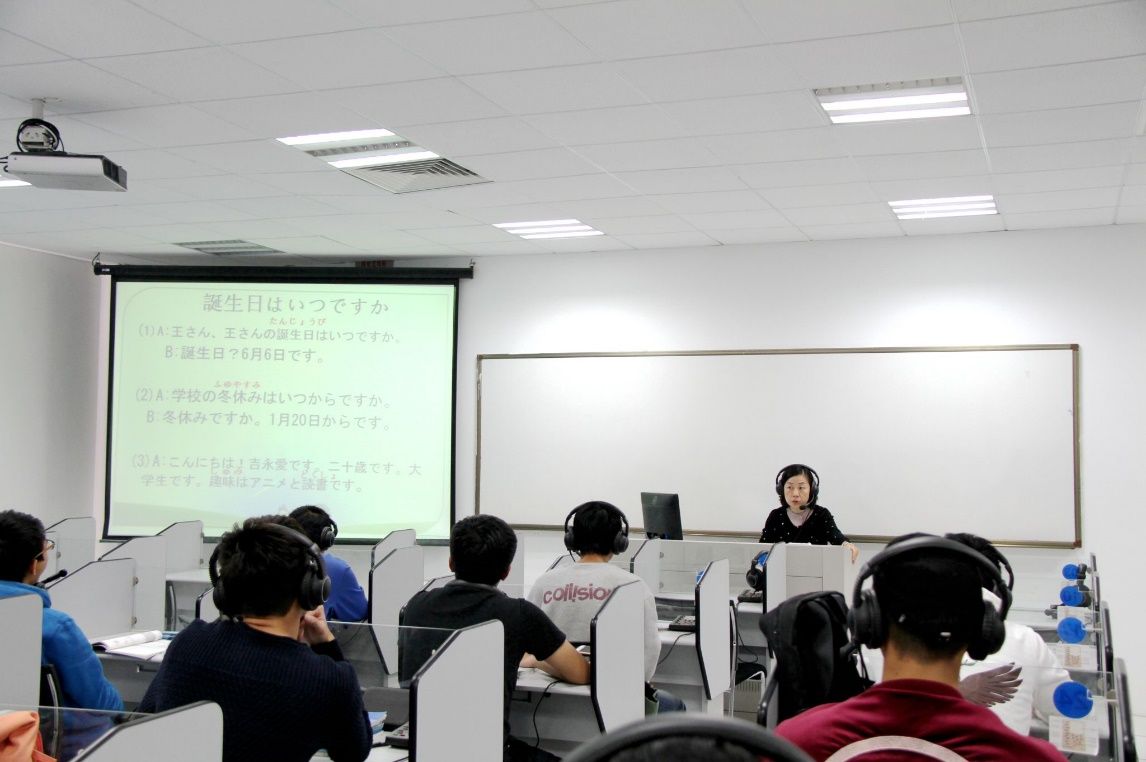
Q: Parents are very concerned about the employment and development prospects of their children after studying in Japan? Can you share the career development of some graduates of the Sino-Japan program?
A: Students who go to Japan to study abroad generally go to three categories after graduation: one is to prepare for postgraduate entrance examinations in their senior year, and then to go to graduate schools in Tokyo and other places. The other type is to work in Japan and accumulate some practical work management experience. Another category is returning to China for postgraduate entrance examination or employment. Of course, there are also students who went to the United Kingdom and other countries to continue their postgraduate studies after graduating from Japanese universities.
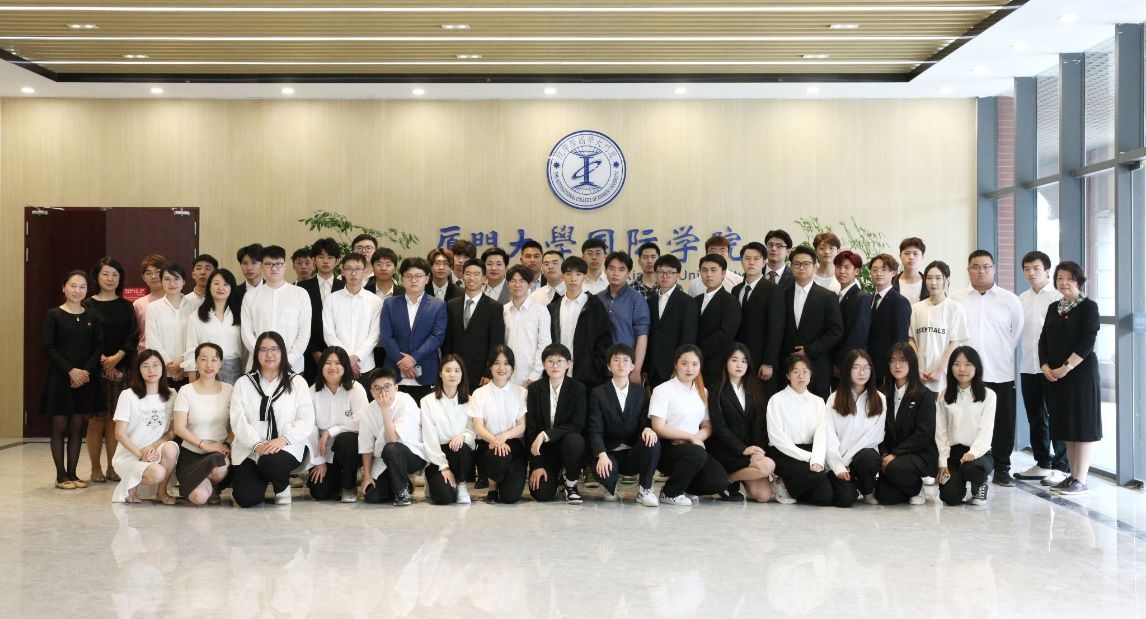
Q: In the post-epidemic era, many students and parents have some concerns about studying abroad. What’s your suggestion for them?
A: Self-health management and safety protection are necessary at all times. At present, Japan has released visas for international students. Students who have participated in online courses in China due to the epidemic have already traveled to Japan in batches, and will continue their junior and senior professional courses in Japan. The teachers of the Japanese partner institutions will give the students full procedure guidance when they enter the country. After the 7-day quarantine period at the airport hotel, the school has teachers and buses to greet the students to ensure the safety of the students.
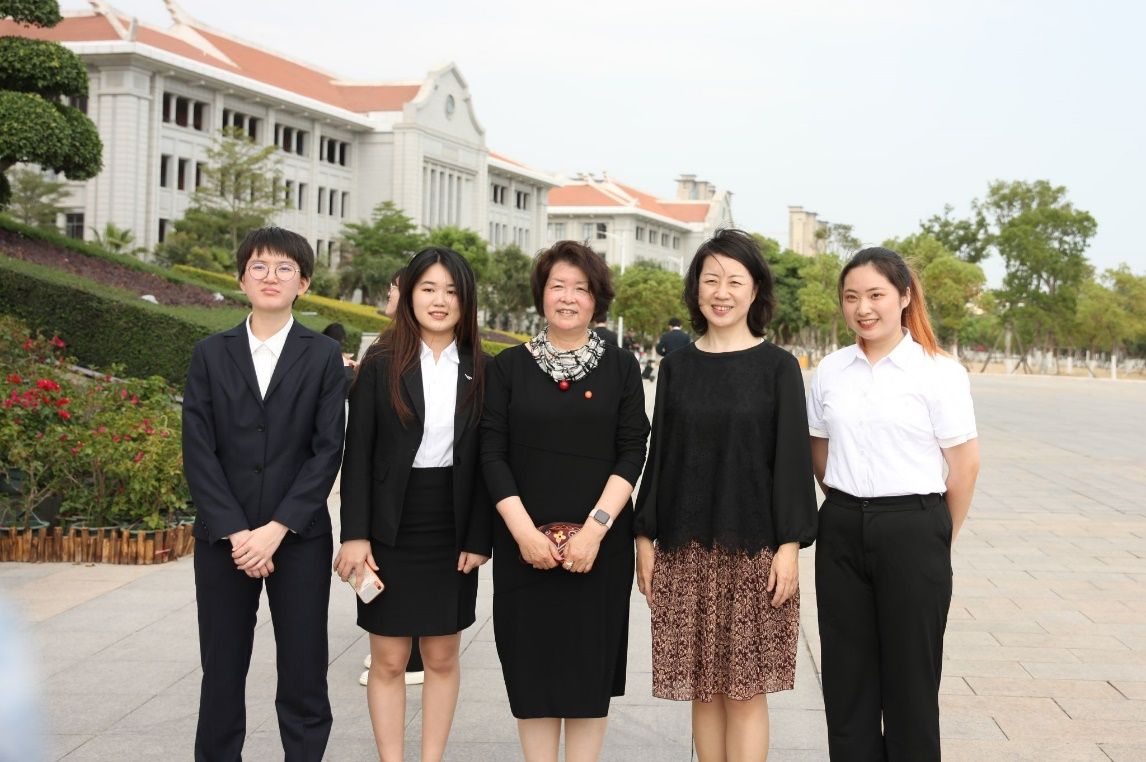
Q: Finally, does Mr. Yan have any message for the students who are going to study abroad?
A: "The sharp sword blade emerges from sharpening". I hope that students will not be afraid of failure, have the courage to try, and persevere. Through the rare opportunity to study abroad, expand your vision and plump your wings.